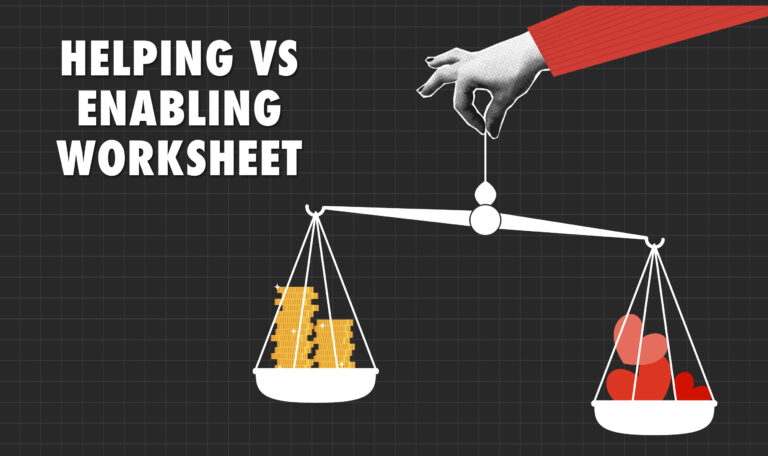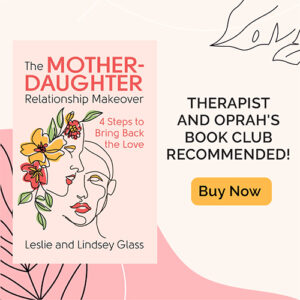Helping Versus Enabling – Do You Know The Difference?
Helping versus enabling is a question all parents have to ask themselves. Think you’re helping and getting bad results? You may be enabling. When the family situation has become dysfunctional, for any reason, and there’s no training in healthy family dynamics, it’s easy to mistake enabling for helping. We want to do the things our loves ones ask us to. It’s hard to say not to pleading eyes and faces. But, when they are addicted or unhealthy in other ways, it’s critical to know the difference between helping versus enabling so you can actually support them in the best ways.
Helping Versus Enabling
Helping means providing support that encourages recovery, responsibility, or safety. It empowers your loved one to take steps forward without shielding them from the natural consequences of their choices.
Examples of helping:
-
Driving your child to a therapy session or 12-step meeting.
-
Offering a safe, sober place to stay with clear boundaries.
-
Paying for treatment or rehab (not for drugs, bail, or lifestyle).
-
Listening with compassion without fixing.
-
Saying: “I will support your recovery, but I can’t support your addiction.”
The key: Helping aligns with recovery and growth.
Enabling means removing consequences or rescuing your child from situations their addiction created. It often comes from love, fear, or guilt, but it unintentionally allows the addiction to continue.
Examples of enabling:
-
Giving them money knowing it might go to drugs or alcohol.
-
Lying to others to cover up their behavior.
-
Paying their rent after they’ve spent money irresponsibly.
-
Repeatedly bailing them out of jail or trouble.
-
Saying: “Just this once—I don’t want them to hate me.”
The key: Enabling protects the addiction, not the person.
Helping vs. Enabling Worksheet
Instructions: Look at each action and mark whether it’s “Helping” or “Enabling.” Then reflect: Am I supporting recovery, or protecting the addiction?
Helping (Healthy Support ✅)
- I offer rides to therapy, meetings, or job interviews.
- I help pay for treatment or sober living, but not drugs or risky behavior.
- I listen with compassion without fixing or rescuing.
- I set clear boundaries: “I love you, but I won’t give you money.”
- I allow natural consequences to happen (lost job, legal trouble, etc.).
- I care for myself (Al-Anon, therapy, support groups, self-care).
Enabling (Unhealthy Rescue ❌)
- I give them money, even when I know it may go to drugs/alcohol.
- I lie or make excuses to protect them from consequences.
- I pay bills or rent after they’ve spent money irresponsibly.
- I repeatedly bail them out of jail or dangerous situations.
- I avoid setting boundaries because I fear conflict or rejection.
- I neglect my own health and needs to “save” them.
Reflection Prompts ✍️
- Which side has more checks right now—Helping or Enabling?
- How does enabling make me feel? How does it affect my child?
- What’s one boundary I can practice this week to shift toward helping, not enabling?
Check out our YouTube for more parenting Lives!
Take The Mother-Daughter Relationship Assessment!
Check out my book!
BUY IT TODAY!
Follow us onInstagram
Like us on Facebook
More Articles To Read
When Family Estrangement Hurts
Dealing With Addiction Issues: Why You Should Go To A Rehab






















